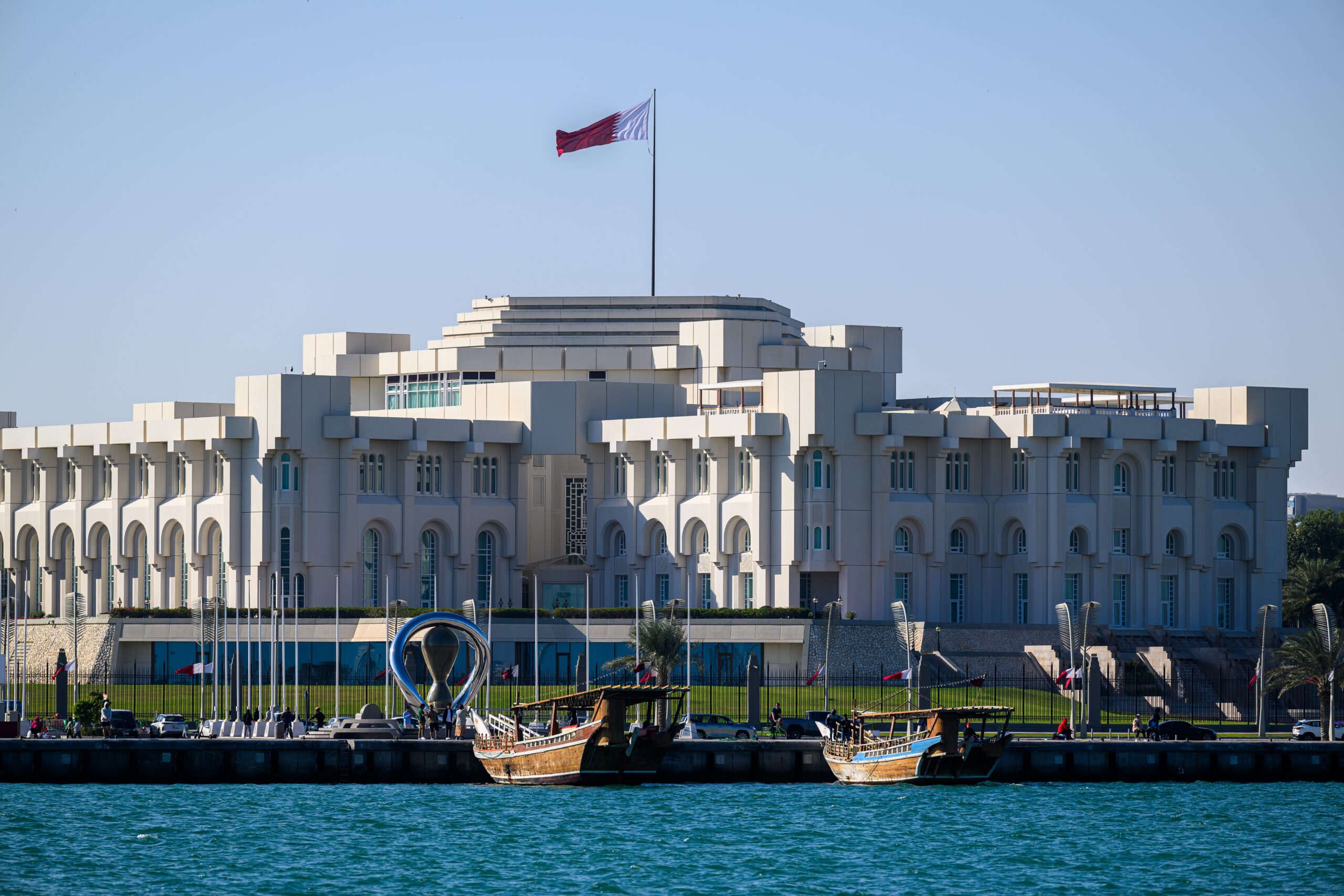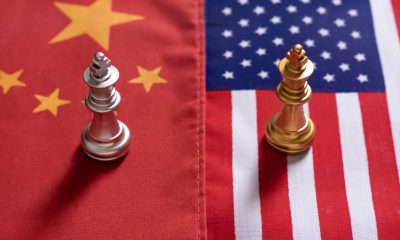Education or Influence? Is Qatar Buying Power?

Qatar has quietly funneled over $6.3 billion into American universities since 1986, raising questions about foreign influence on U.S. education and national security.
At a Glance
- Qatar invested $4.7 billion in U.S. universities between 2000 and 2021, becoming the largest foreign funder of American higher education
- Elite universities including Northwestern, Cornell, Georgetown, and Texas A&M have received hundreds of millions in Qatari funding
- Qatar has established an “Education City” hosting American university branches while simultaneously developing strong military ties with the U.S.
- Critics allege Qatar’s investments may contribute to antisemitism on campuses, while Qatar denies buying influence
- The Gulf state has positioned itself as a key U.S. ally, recently agreeing to invest $243.5 billion in American businesses
Qatar’s Massive Financial Footprint in American Education
Qatar’s financial influence in American higher education has grown steadily over four decades, reaching unprecedented levels in recent years. Between 2000 and 2021 alone, the small Gulf state channeled $4.7 billion into U.S. universities, securing its position as the largest foreign funder of American higher education. The investment strategy has targeted prestigious institutions, with Cornell University’s Qatar medical school receiving nearly $1.8 billion, Georgetown University in Doha getting over $760 million, and Northwestern University accepting more than $600 million. Additional beneficiaries include Carnegie Mellon with over $740 million and Texas A&M with nearly $700 million.
The centerpiece of Qatar’s educational investment strategy is “Education City,” a sprawling campus in Doha housing branches of elite American universities. This approach allows Qatar to bring American educational standards to the Middle East while maintaining significant control over campus operations. The depth of financial commitment is striking – Virginia Commonwealth University has received $100 million, adding to the billions flowing to other institutions. When confronted with criticisms about these investments, Qatar’s leadership has consistently denied ulterior motives beyond providing quality education.
Strategic Benefits and Diplomatic Leverage
Qatar’s investments extend far beyond education into crucial military and economic partnerships with the United States. The Gulf state hosts a major U.S. air force base that serves as a strategic hub for American operations in the Middle East, contributing significantly to its maintenance costs. In a recent economic agreement, Qatar pledged $10 billion for the base’s further development. This military relationship received formal recognition when President Biden designated Qatar as a major non-NATO ally in 2022, institutionalizing its importance to American strategic interests in the region.
The nation has simultaneously positioned itself as an essential diplomatic intermediary, particularly between Israel and Hamas. This role has drawn both praise for Qatar’s peacemaking efforts and criticism from those who point to reports of Qatar hosting Hamas leaders in luxury accommodations. Beyond these diplomatic activities, Qatar has made substantial commitments to the American economy, agreeing to invest $243.5 billion in U.S. businesses. The combination of educational influence, military cooperation, and economic investment creates multiple channels of influence in American policy circles.
Controversy and Concerns About Influence
Critics have raised alarms about potential hidden agendas behind Qatar’s educational philanthropy. Some allege that the Gulf state’s substantial financial support has contributed to what they describe as an antisemitism crisis on American campuses. These accusations have intensified amid campus protests regarding Middle East conflicts. The relationship between Qatari funding and university priorities came under additional scrutiny when Georgetown University awarded its prestigious “President’s Award” to Sheikha Moza bint Nasser, mother of Qatar’s Emir, in April, highlighting the close ties between funded institutions and their benefactors.
When asked directly about these investments, Qatar’s Prime Minister rejected accusations of attempting to “buy influence” in American academia. He characterized the funding as part of Qatar’s mission to provide “American quality” education in the Middle East through campus partnerships. However, the lack of transparency surrounding these financial relationships continues to fuel debate. When contacted for comment on their Qatari funding arrangements, multiple American universities and Qatari officials did not respond to media inquiries, leaving important questions about foreign influence in higher education unanswered.
























